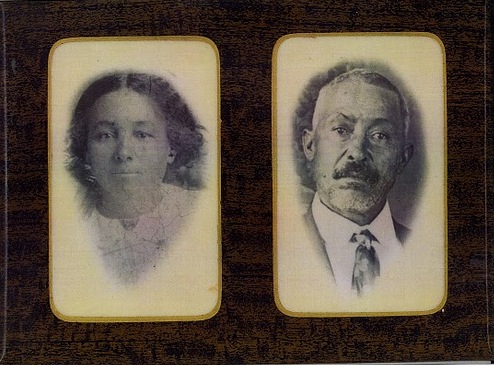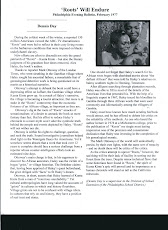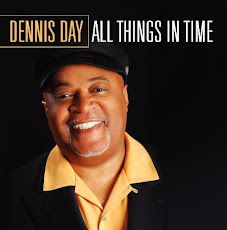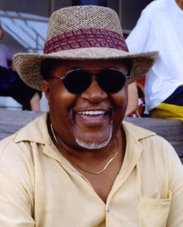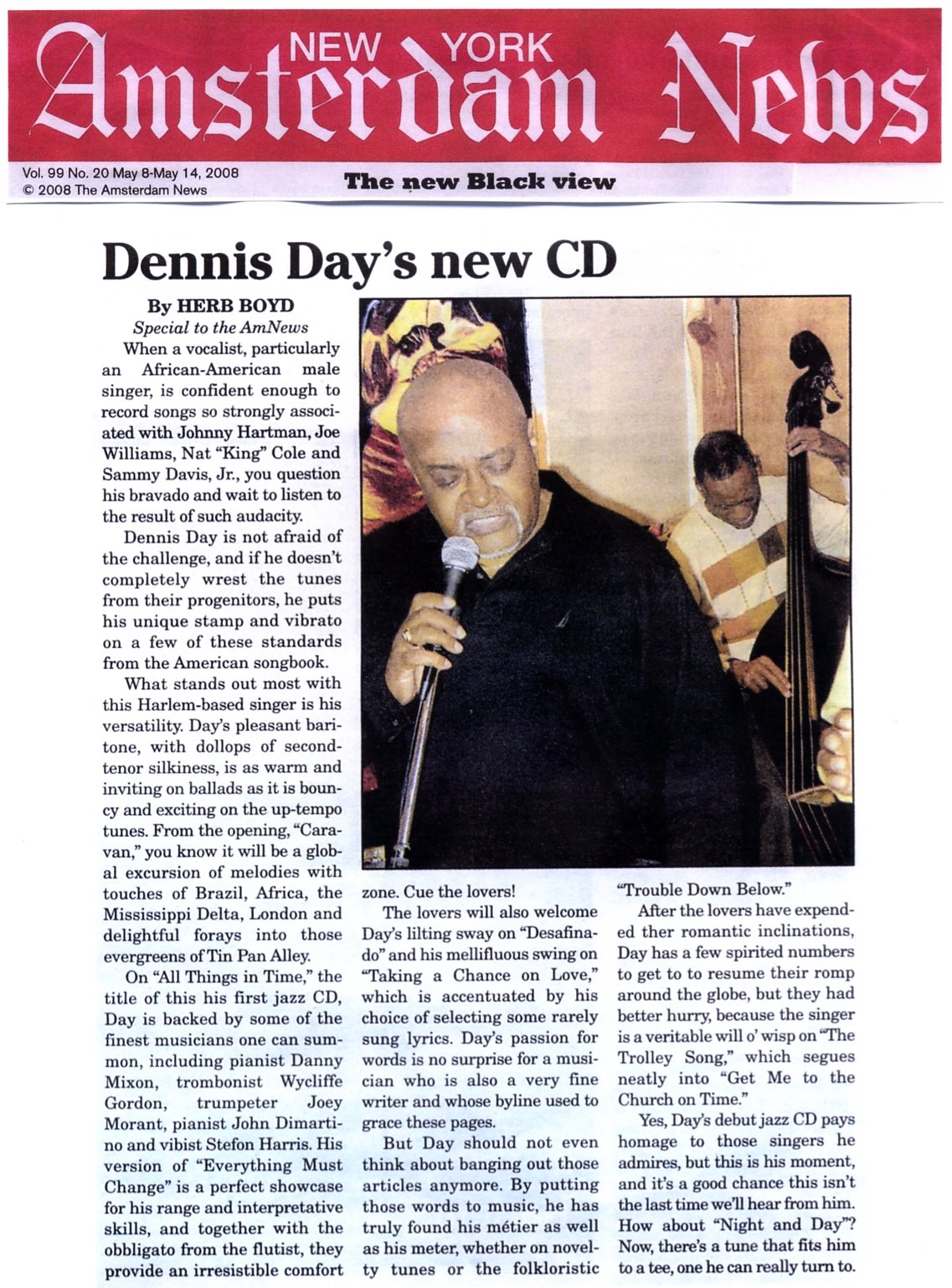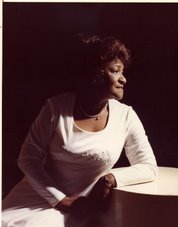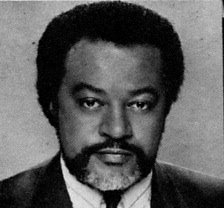This year’s historic quest by a woman and an African American to become president of the United States has largely managed to avoid fanning the flames of xenophobia, racism, and gender bias. That is, at least until the race tightened after Super Tuesday February 5 when Obama’s surge in momentum led to 11 concurrent primary victories. While Hillary Clinton won the California primary, she narrowly staved off Obama’s formidable challenge on her home turf in New York State, to the great surprise of those who assumed she was by far the most electable and held a comfortable lead. Obama’s showing sparked a political firestorm that ruptures the old Democratic vanguard’s narrative – that Clinton’s experience and presumed lead would easily trump Obama’s mantra for change.
Before Super Tuesday most New York Black Democratic leaders had assumed that the former first lady’s position would be firm as the presumptive Democratic nominee – that Iowa had been an electoral fluke, that Senator Obama’s proverbial goose would be cooked, and that politics as usual would prevail in a refurbished Clintonian era with the same old players. Few post-Civil-Rights era politicians could have imagined that the juggernaut of inevitability that energized the Clinton political machine could be so dramatically slowed by an army of grass-roots devotees armed with laptops and i-phones, political neophytes, cyber wonks, socially progressive Democrats, moderate Republicans, and Independents committed to change.
Are we as a nation on the verge of a radical new political transformation that could nullify distinctions of race and gender in the political arena in what some have called a post-racial America? Or is Obama mania an aberration, a black swan?
In his Amazon 2007 best seller, Black Swan, Nassim Nicholas Taleb offers the black swan as a metaphor for a highly improbable event with three principal characteristics: 1) It is unpredictable; 2) it carries a massive impact; and 3) after the fact we concoct an explanation that makes the event appear less random and more predictable than it was. For example, the astonishing success of Google was a black swan; so was 9/11. Taleb writes, “The profundity of black swans is that they change the way people look at the world. Black swans underlie almost everything about the world from the rise of religions to current events.”
The emergence of Senator Barack Obama as the Democratic front runner seems to place him among that rare breed – a black swan, a phenomenon that key Black Democratic party leaders and elected officials in New York failed to see coming. Could New York State’s Black political leadership be trapped in a time warp, unable to heed the tenor of the times? Are they neglecting to adhere to the will of their constituents? By continuing to follow a conventional political course, keen on personal loyalty, party discipline, and consensus around their leadership’s chosen candidate, a preponderance of New York City Democrats elected to public office have been unwavering in their support for the junior Senator from New York.
Held together by ties to Harlem, common political interests, and career aspirations –and with the hope of redeeming old favors – some are still tethered to the Clinton Dynasty of the nineties. But Obama’s unforeseen black-swan impact could well begin to gnaw away at old loyalties.
The tactic of characterizing Obama as inexperienced and unelectable has actually had the countervailing effect of spewing a debilitating message of cynicism, low expectations, and defeat that has been soundly rejected by a new generation of voters who see Obama as the embodiment of hope. By disparaging Barack Obama as a “hope mongerer, long on vision but short on experience,” New York’s democratic leaders have tried to “flip the script” on Obama’s hope narrative by rendering his message of hope and change as fanciful, magical, pie in the sky thinking.
If Obama does win the nomination, Democratic Party leadership in New York City will surely rally around him as its nominee. But it will be difficult for these influential Democrats to offer credible voices as his surrogates, now entrusted with touting his consistent message of hope and change against Senator McCain’s strong suit of experience, particularly after having excoriated Obama for being, in their estimation, woefully inexperienced.
Political accommodation is the grist of a politician’s life. But could it be that some Black Democratic political leaders in New York are blinded by their longstanding proximity and allegiance to the Clinton legacy – so much so that they have seriously miscalculated the public will and risk being on the wrong side of history? In Georgia, African American Civil Rights icon and staunch Clinton loyalist John Lewis (D), in a play out of Machaciavelli’s handbook, switched his support to Obama after Obama’s solid victory in Lewis’s district. This ensured Obama an important superdelegate and assured voters that their Congressman is in fact willing to vote the will of his constituents in the event of a brokered convention in Denver. It could well be that other key Congressional leaders presumed to be loyal Clinton supporters may feel pressure to jump the “good ship Billary” in favor of Senator Obama because they fear voter backlash in future elections.
Such political calculations become more probable if Obama wins either the Texas or Ohio primary on March 4, and if that prompts Clinton to press toward a brokered convention in Denver. From that point forward the superdelegate issue becomes littered with political mine fields unless incumbent political leaders feel compelled to capitulate to their constituents’ preference as reflected in their electoral district.
In New York, support of the powerful Chairman of the House Ways and Means Committee and Senior House Democrat, Congressman Charles B. Rangel, had to have been pivotal in Senator Clinton’s decision to seek the highest office in the land. Assurance became crucial that her home turf was "locked up." And Congressman Rangel, as the dean of New York's Democratic House delegation and a dominant figure in the politics of Harlem for four decades, was expected to help deliver the urban vote on behalf of Clinton.
But that vote was not so easily delivered. Senator Obama ran a tighter than expected race in Clinton’s home state. In Harlem, according to John Nichols in an article penned for The Nation, the race was “close enough to create a 3-3 delegate split in Congressman Rangel’s 15th Congressional District, according to unofficial results from the New York Democratic primary vote tallies.” While the popular vote was narrowly in Clinton’s favor, her win was clear enough that there would be no pressure on Rangel to vote the will of a congressional district that backed Obama.
Nichols further observes that “with such a tight race, what New Yorkers should be asking for, however, is a complete review of the results in New York City, with a heavy focus not just on the 80 election districts, where according to a recent New York Times article Obama supposedly received no votes, but also on those where it appears that his vote was far below the level of support that he received in surrounding districts.”
Could there be another several thousand votes for Obama in the 15th Congressional District and in other under-counted districts, where the official vote has not been publicly reported? The primary results in New York City are only official when certified by the State and County Board of Elections and thus far there has been no disclosure of the official tabulation from some districts. Such delays do not bode well in the interest of free and democratic elections. The public has a right to transparency and to know how New Yorkers voted in the primary. To ensure urgent full disclosure of the vote count, our elected officials ought to be leading the charge demanding that the Board of Election conduct a recount in the interest of free and fair and elections.
The current political standoff and the larger questions of electoral accountability requires that New York’s Democratic leadership reexamine their relationships to past loyalties to an outdated albeit powerful political machine, to the interests of the voters who put them in office, and to the black-swan phenomenon of Barack Obama.
Sunday, March 2, 2008
Subscribe to:
Posts (Atom)
